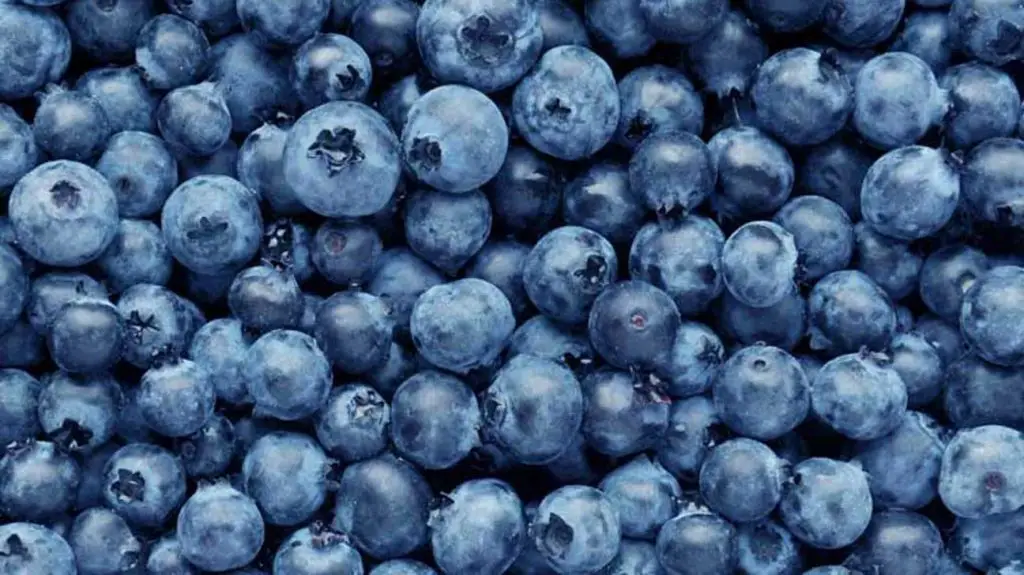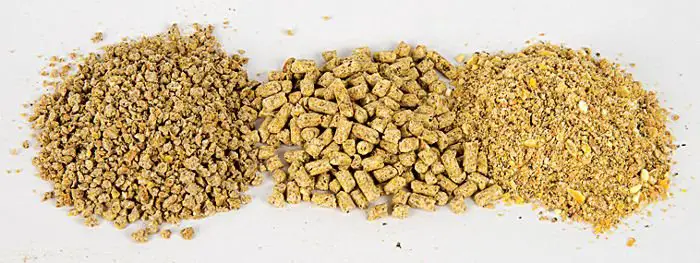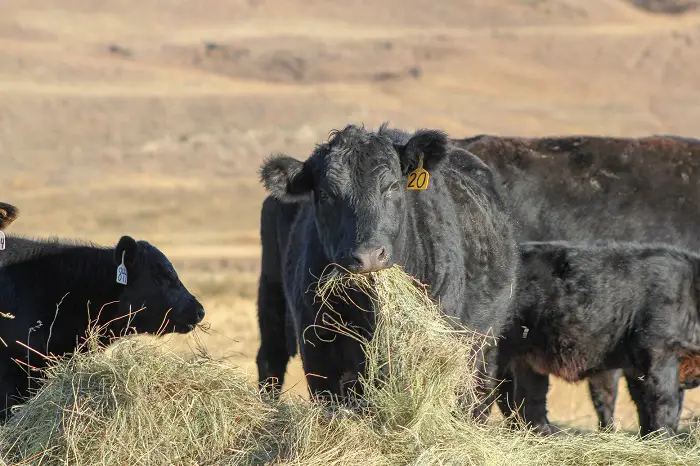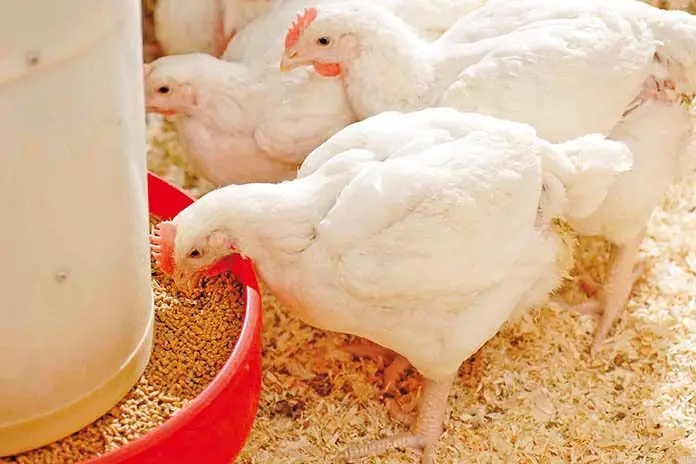Lamb is one meat that can be paired well with blueberries to make a delicious combination. One then wonders then if sheep ate blueberries would the meat have a blueberry flavor? Sheep are generally not picky eaters, a predisposition that leads to many digestive disorders and sometimes death. Grass from grazing and hay is the mainstay of their diet since they are ruminants, grazing even the toughest swats of grass that other ruminants like cattle do not find desirable. This ability to feed on high roughage feed and convert it to meat makes sheep a very valuable livestock in many regions of the world.
Contents
Ruminant Digestion
Sheep digestion relies on the presence of microbes in the sheep’s rumen, a four-chambered stomach that acts as a fermentation vat where the microbes digest fiber releasing various nutrients absorbed by the sheep. This symbiotic relationship means that whatever sheep eat is mainly geared at supplying the rumen microbes with nutrients that they need to multiply. Fiber is the main substrate that these bacteria utilize but they can also get nutrients like protein and energy from a wide variety of sources. Fruits are mostly low in fiber but high in carbohydrates and vitamins which makes them valuable supplements for sheep.
Nutritional Benefits of Blueberries
Blueberries are highly nutritious berries highly recommended for human consumption as a source of antioxidants, which help slow down cell damage in the body. Blueberries like other berries have thin skin which means their effective fiber content is quite low although when compared to other berries they have a reasonable amount of fiber. This fiber in blueberries is mostly in the form of pectin and cellulose can aid in gut motility assisting the normal flow of feed in the gut. Like most berries, blueberries are high in sugars and carbohydrates which make them also a good source of energy for sheep. Some farmers utilize sheep to graze among blueberry plants, essentially weeding and fertilizing the blueberry plants in the process. This integrated approach has proven to lower the production costs for the sheep and blueberries. Sheep will nibble at the berries and now harmful issues have been observed from this foraging behavior. The actual impact on growth performance and meat quality of different classes of sheep is still an area where more research needs to be done.
How to Feed Blueberries to Sheep
When sheep consume blueberries on their own no harmful effects have been noted, but this is because they eat the berries as part of their normal diet. With enough fiber from grazing and coupled with some starch from the blueberries digestion might actually be improved. Because digestion in the sheep rumen is mostly fermentation, any excess in carbohydrates can lead to too rapid fermentation which can lead to bloating or acidosis like in the case of excess grain feeding. Farmers should avoid hence feeding blueberries as a sole diet or in excess to avoid stock losses from bloating and scours. Blueberries should just be a supplement to the animals’ high roughage diet which sustains a healthy population of rumen microbes. Good quality grass hay should be available always so that the sheep can eat it to counter any effects from excess consumption.
What Fruits Can Sheep Eat
Sheep can eat a wide variety of fruits from berries, stone, pit, core, and tropical fruits with no effects, however, anyone feeding fruits should avoid fruits they are not familiar with in their areas as these can prove lethal. Certain fruits like avocadoes and those from the nightshade family like tomatoes should not be fed to sheep as these are poisonous to sheep of all ages. A list of some of the fruits that sheep can consume in moderate amounts are:
- Apples
- Pears
- Plums
- Peaches
- Strawberries
- Watermelons
- Squashes
- Figs
- Bananas
This list is not exhaustive and the choice of which fruit to feed can be determined by local availability and local knowledge from farmers. By-products, stems, and/or rejects from the processing of these fruits can also be fed to sheep like the pulp and molasses that remains after juice extraction. Most of the fruits mentioned above are packed with valuable vitamins and minerals which can give sheep of all ages a good boost in growth when fed correctly.
Can Sheep Eat Dog Food
Of all novel feeds that one can try to feed to sheep, unfortunately, dog food is not among those that can be fed to sheep. Most dog food is designed for a more omnivorous diet mixing meat and carbohydrates, mostly rice and corn to make kind of the diet humans eat. Sheep being ruminants cannot digest meat and fats, as the rumen bacteria are adapted to a high-forage diet. Some dog foods are now grain and vegetable-based, and those can be eaten in moderate amounts without any adverse effects.
Can Sheep Eat Cabbage
Although food for man’s best friend cannot be fed to sheep, cabbages can, and some varieties have been adapted specifically for animal feeding. Cabbages are part of the brassica family which includes kale, rape, turnips, rutabagas, and swede all of which can be grown as winter feed for sheep and other ruminants. Care should be taken when feeding cabbages to avoid bloating and brassica poisoning which can lead to death or blindness. This can be done by introducing the sheep slowly to cabbages and making sure that there is adequate roughage in the form of grass hay available always with clean water.
Conclusion
Sheep can eat blueberries and can be raised in blueberry fields in an integrated farming setup, with the sheep grazing among the blueberries. This has proven to lower the cost of production for both the sheep and the blueberries. Blueberries fed as a supplement feed provide some fiber, carbohydrates, and vitamins that can aid in the growth of the sheep, however, more research work still needs to be done to evaluate these benefits. In conclusion, there is no harm to let sheep snack on some blueberries if available once in a while.




